Browse by Era,
Explore classical music through our comprehensive filtering system. Discover composers, musical forms, and works by historical period, role, and musical category.
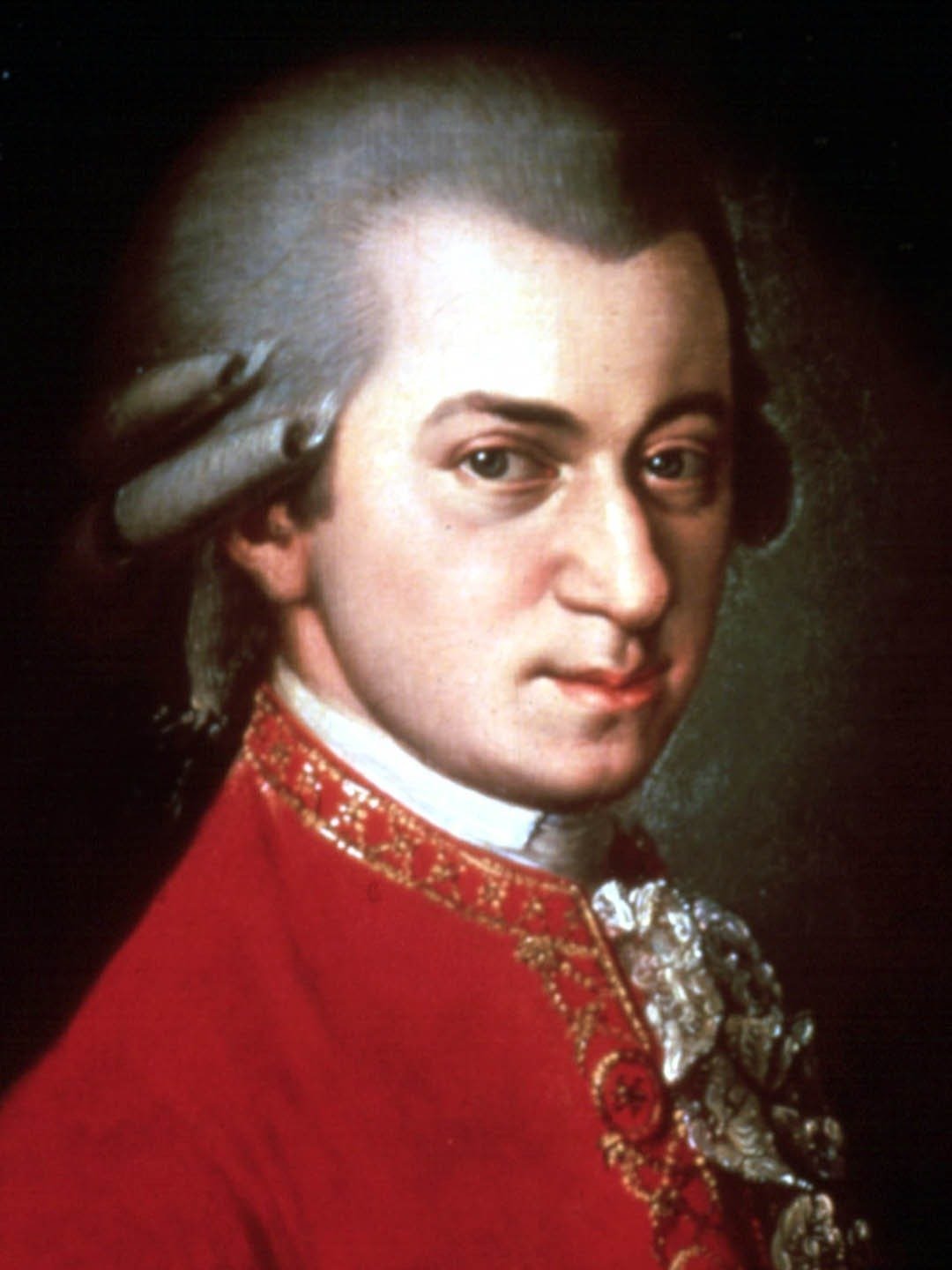
Wolfgang Amadeus Mozart
Wolfgang Amadeus Mozart was a prolific and influential composer of the Classical era. Born in Salzburg, he showed prodigious ability from his earliest childhood. He composed over 600 works, many of which are considered pinnacles of symphonic, concertante, chamber, operatic, and choral music. Despite his short life, his impact on Western art music is profound.
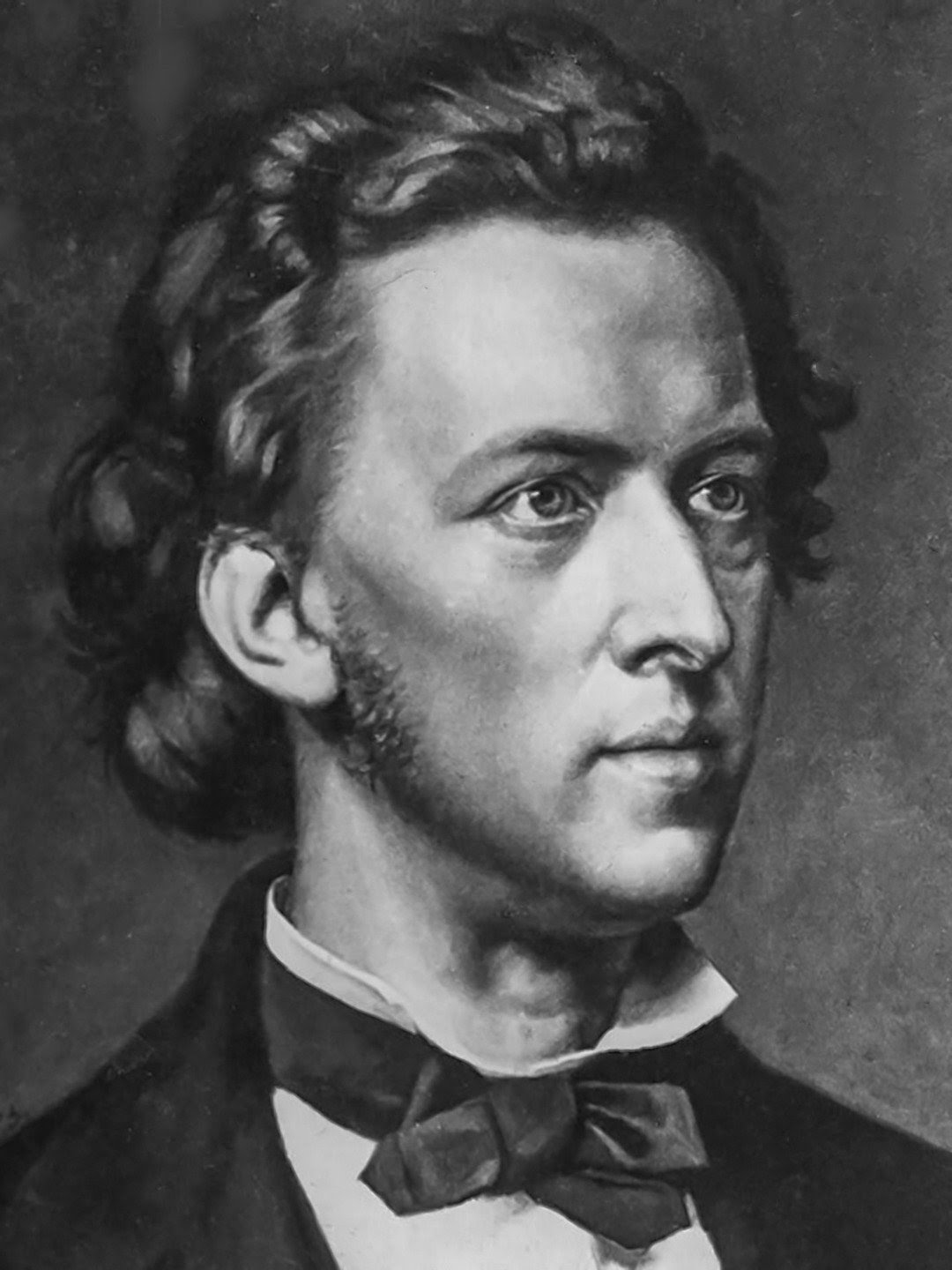
Frédéric Chopin
Frédéric Chopin was a Polish composer and virtuoso pianist of the Romantic era who wrote primarily for the solo piano. He maintained worldwide renown as a leading composer of his era whose 'poetic genius was based on a professional technique that was without equal in his generation'.
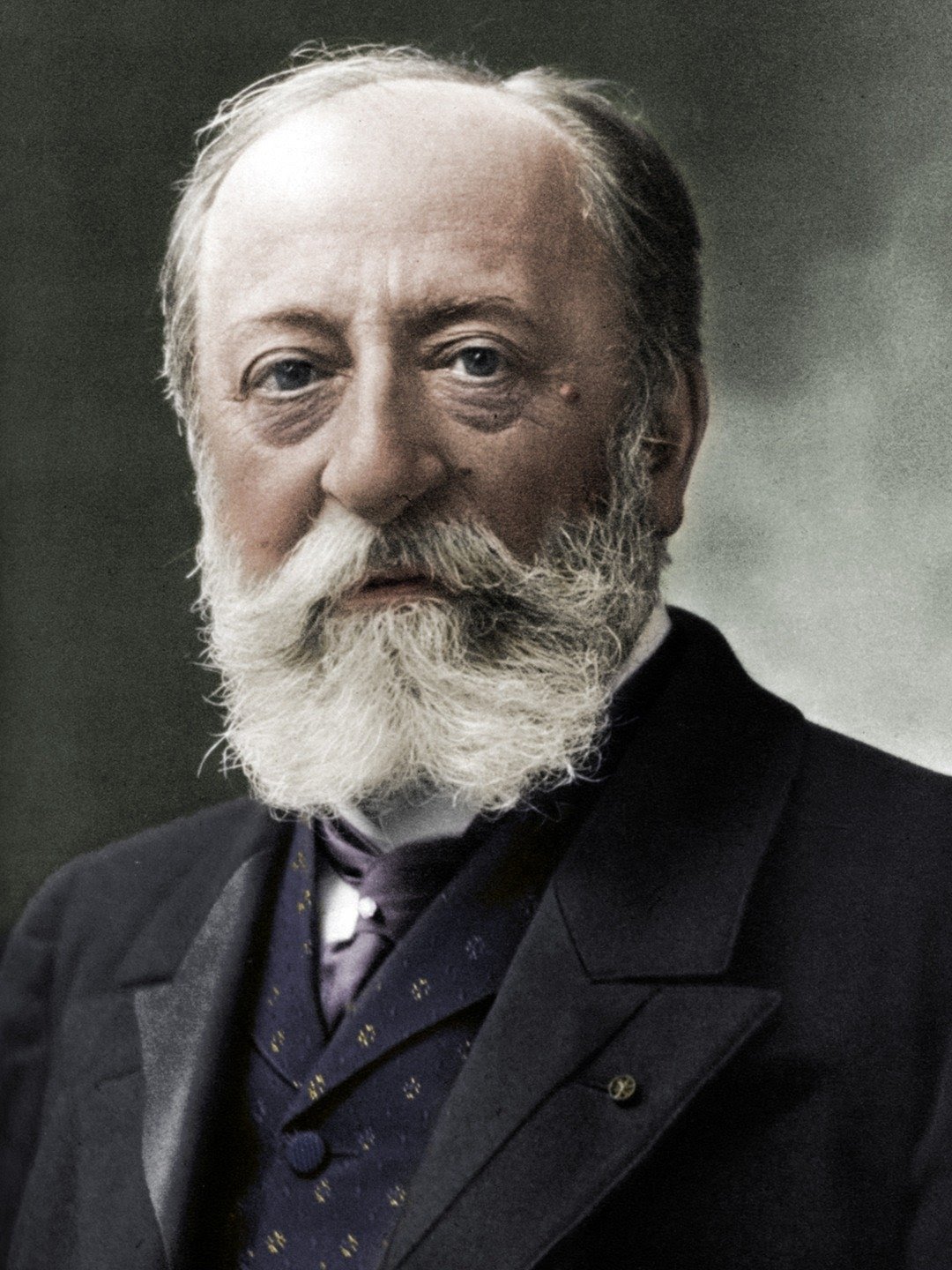
Camille Saint-Saëns
Camille Saint-Saëns was a French composer, organist, conductor, and pianist of the Romantic era. A musical prodigy, he was highly regarded for his virtuosity at the keyboard and his vast output across many genres. His most famous works include 'Carnival of the Animals' and the Symphony No. 3, 'Organ Symphony'.
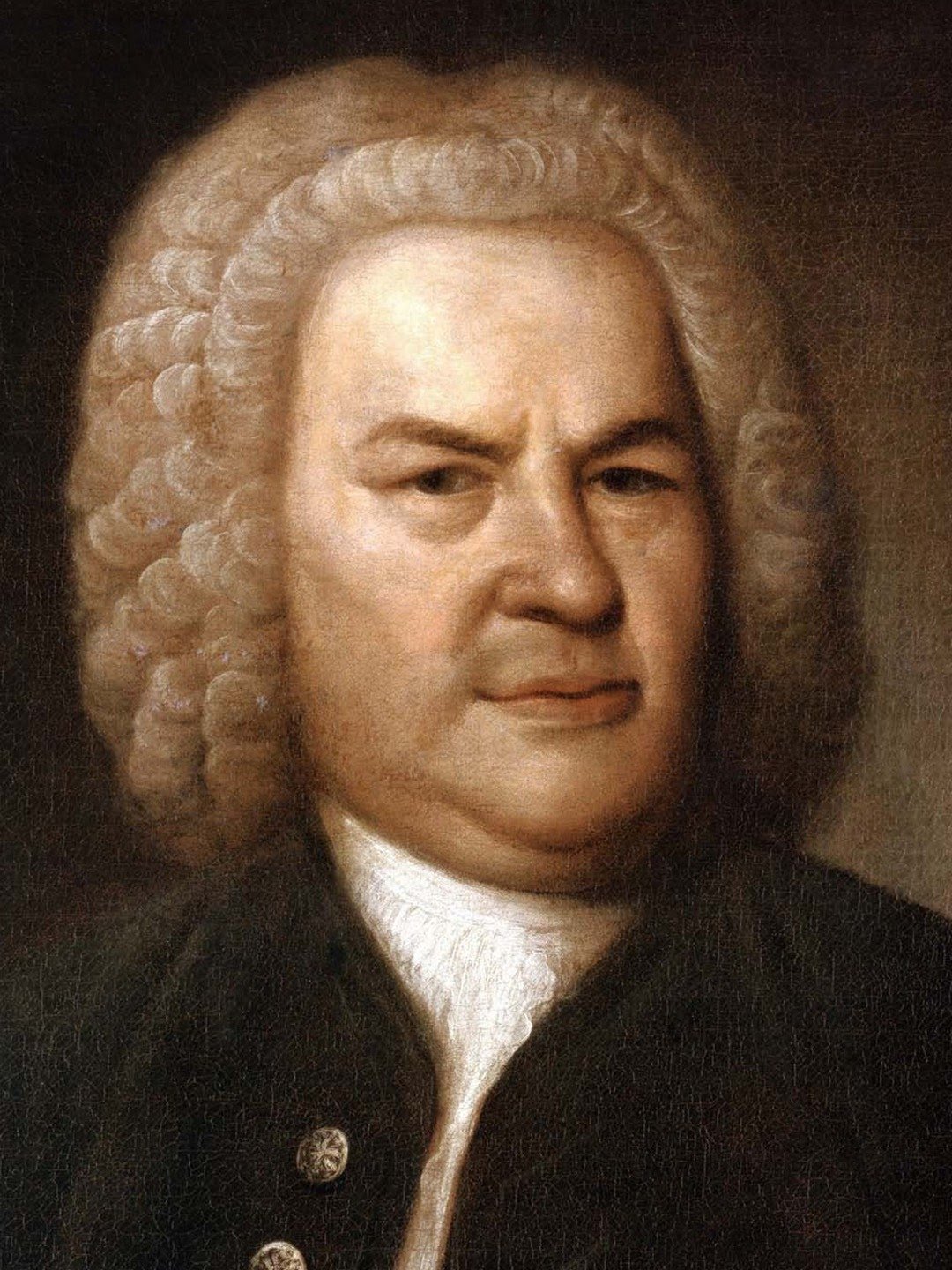
Johann Sebastian Bach
Johann Sebastian Bach was a German composer and musician of the Baroque period. He is known for instrumental compositions such as the Brandenburg Concertos and the Goldberg Variations, and for vocal music such as the Mass in B minor and the St Matthew Passion. Since the 19th-century Bach Revival he has been generally regarded as one of the greatest composers of all time.
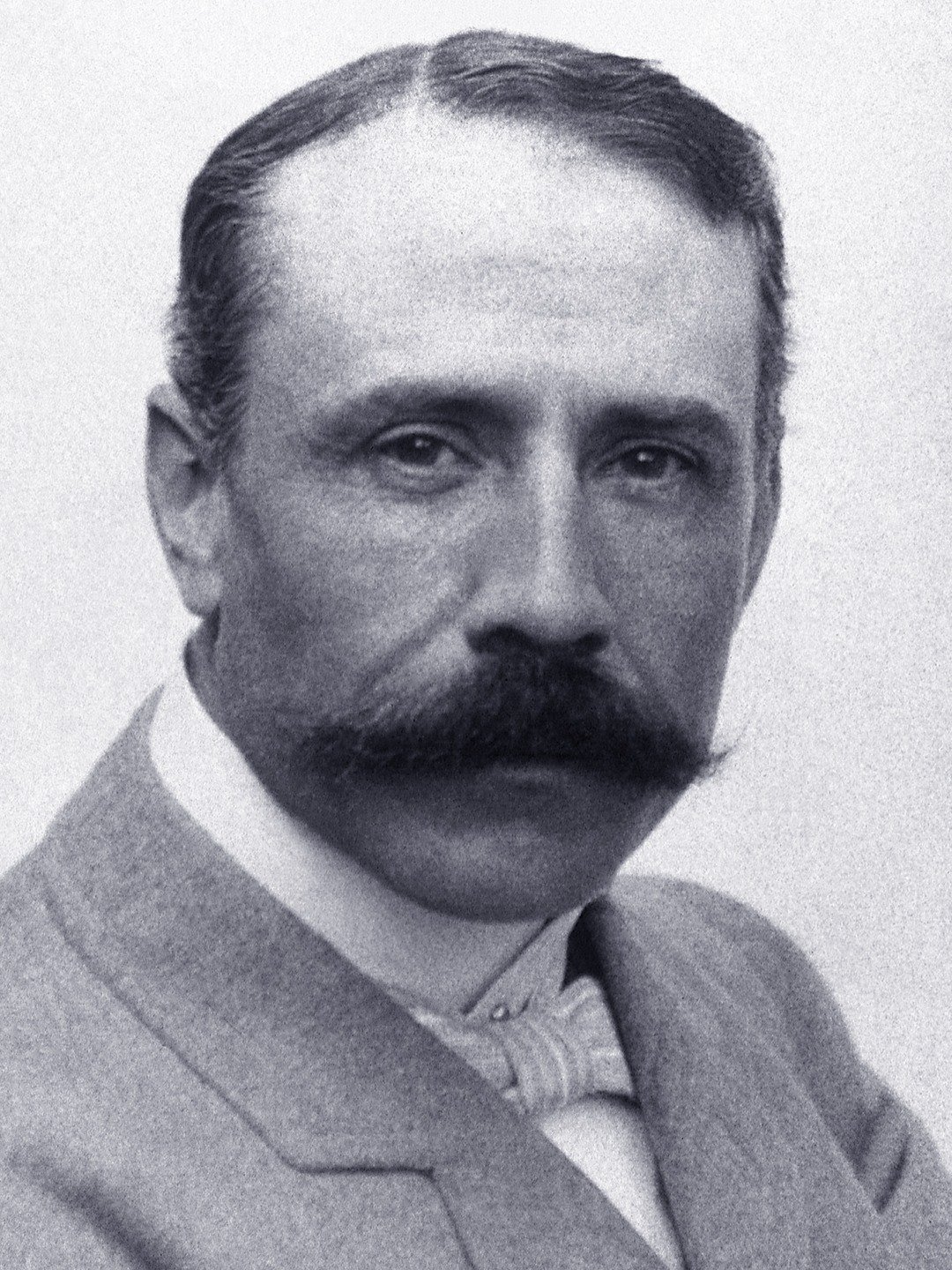
Edward Elgar
Edward Elgar was an English composer whose works are among the most celebrated in the British classical repertoire. He is often seen as the first English composer to achieve international recognition since Handel. His most famous works include the 'Enigma Variations' and the 'Pomp and Circumstance Marches'.
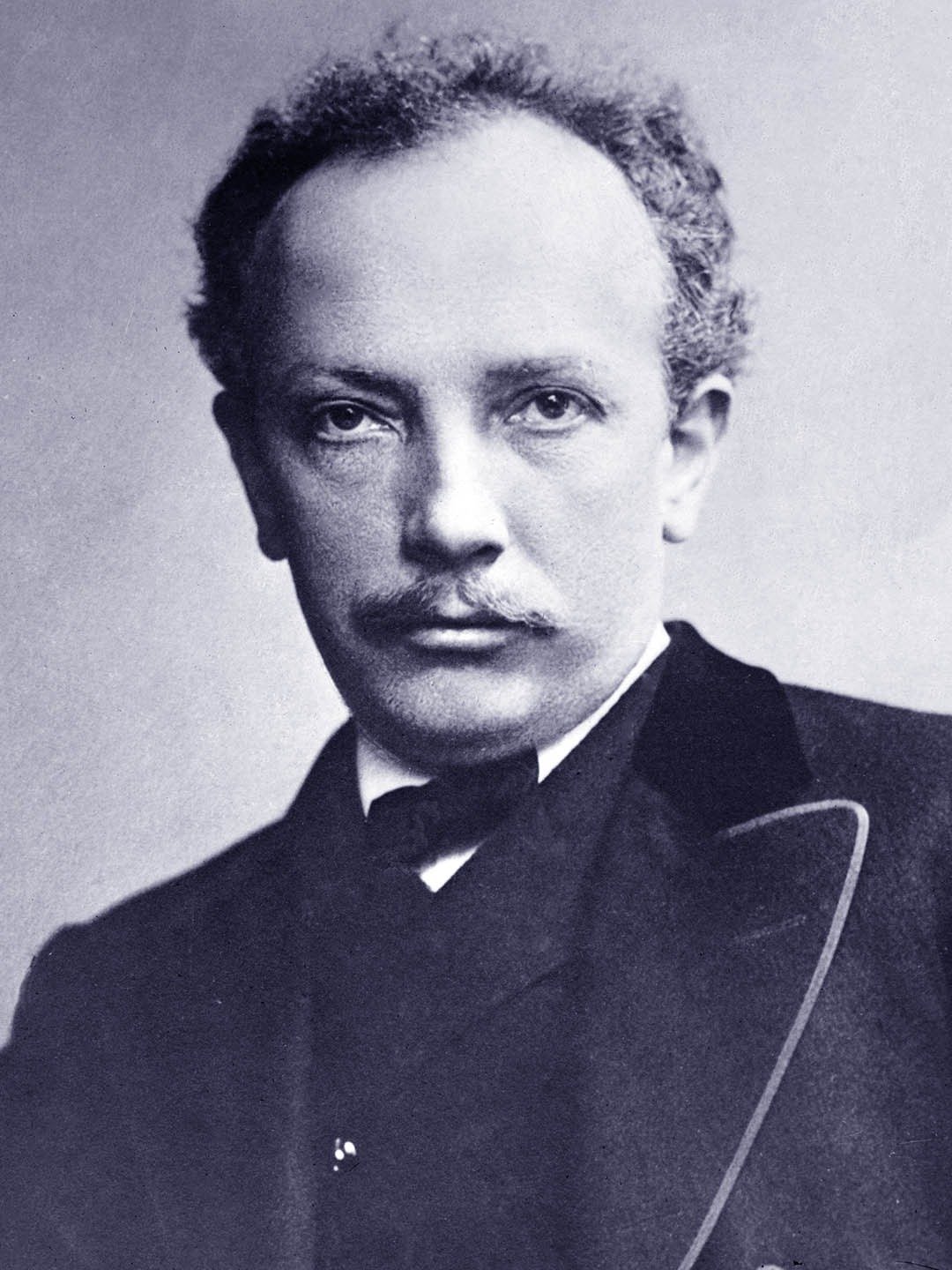
Richard Strauss
Richard Strauss was a leading German composer and conductor of the late Romantic and early modern eras. He is known for his operas and his tone poems. Strauss was a master of orchestration, and his music is characterized by its rich harmonic language and dramatic intensity.
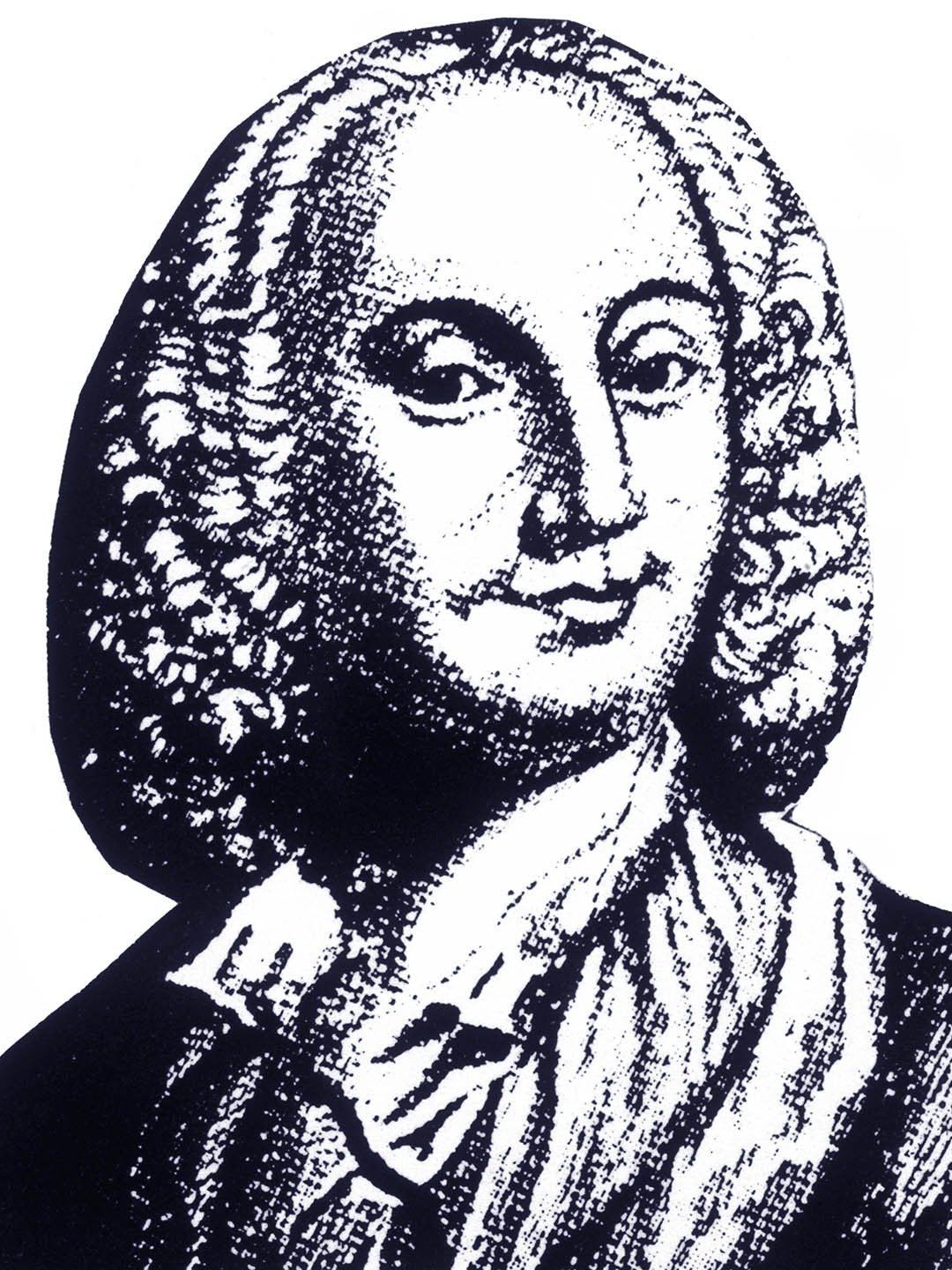
Antonio Vivaldi
Antonio Vivaldi was an Italian Baroque composer, virtuoso violinist, teacher, and priest. Born in Venice, he is recognized as one of the greatest Baroque composers, and his influence during his lifetime was widespread across Europe. He is best known for his instrumental concertos, especially for the violin, and for his sacred choral works and operas.
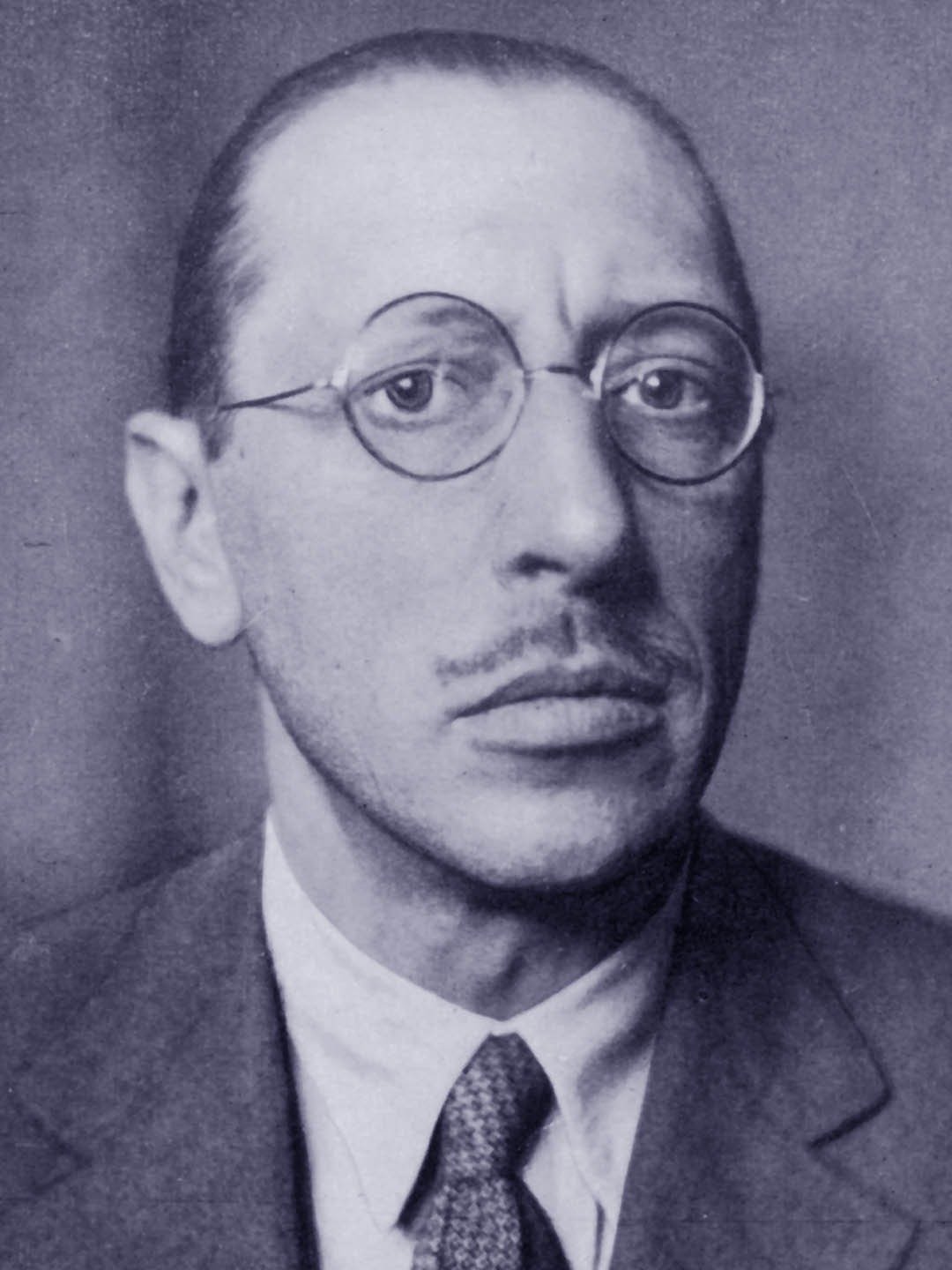
Igor Stravinsky
Igor Stravinsky was a Russian-born composer, pianist, and conductor. He is widely considered one of the most important and influential composers of the 20th century. Stravinsky's compositional career was marked by stylistic diversity, ranging from his early Russian ballets to Neoclassical and serial periods.
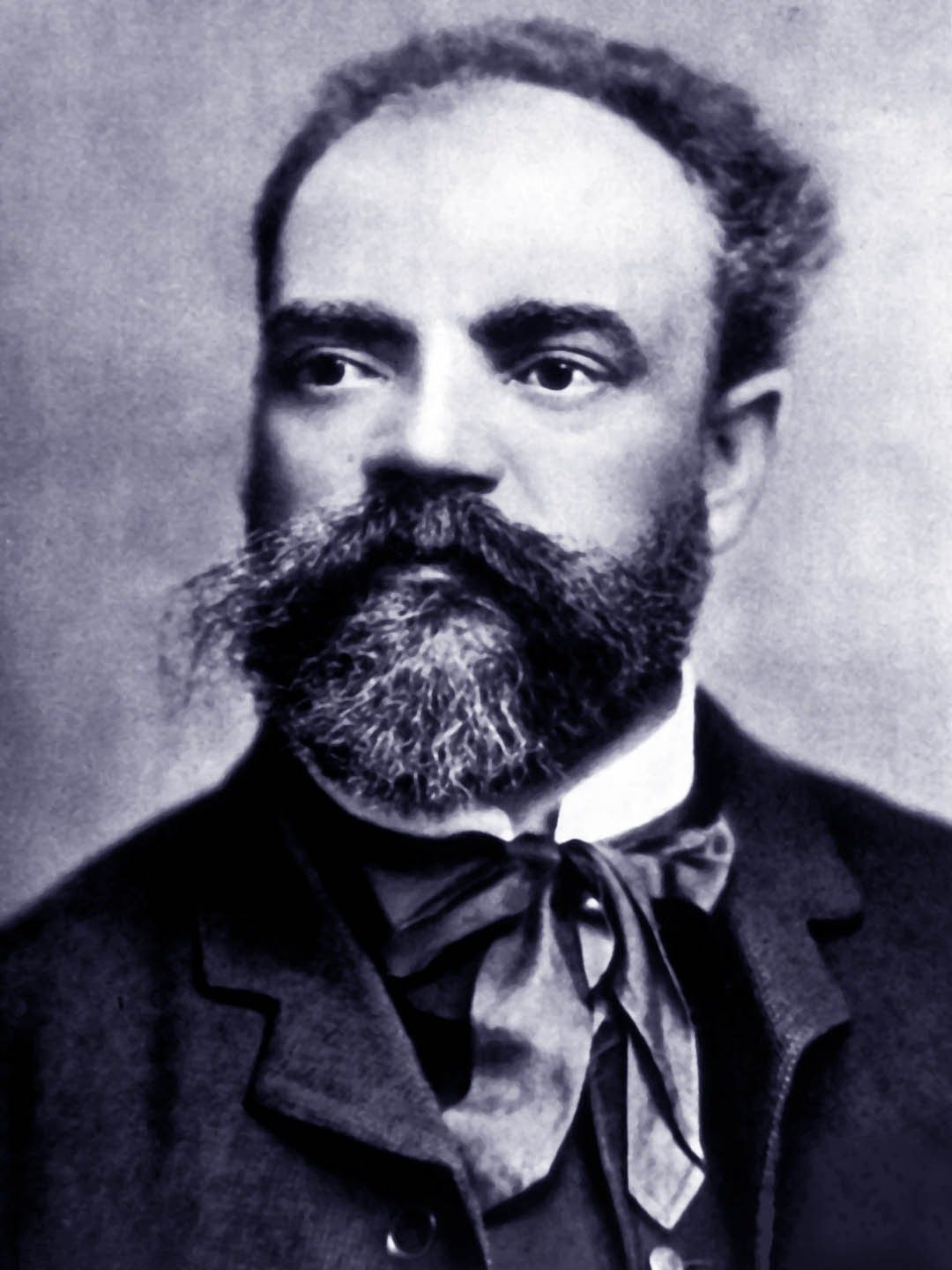
Antonín Dvořák
Antonín Dvořák was a Czech composer who frequently employed and synthesized folk music elements from his native Bohemia and Moravia. He is widely considered one of the most important composers of the Romantic era, particularly known for his symphonies, chamber music, and operas.
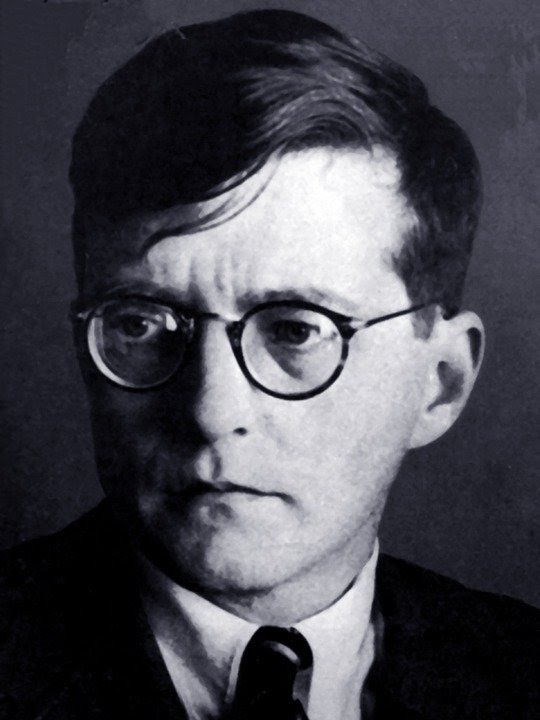
Dmitri Shostakovich
Dmitri Shostakovich was a Soviet composer and pianist. He is widely regarded as one of the greatest composers of the 20th century. Shostakovich's music often reflected the political and social climate of his time, and he is particularly known for his fifteen symphonies and fifteen string quartets.
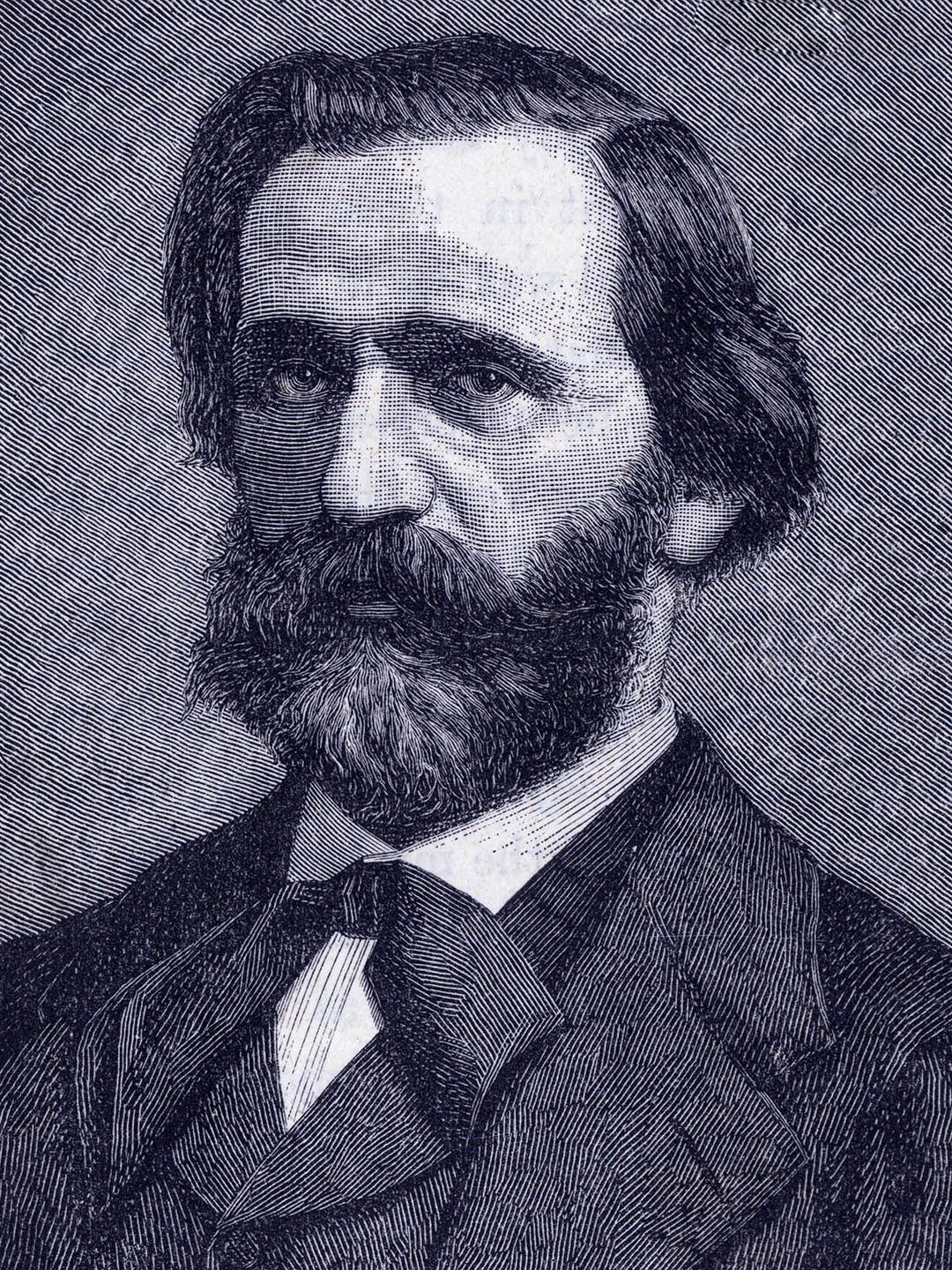
Giuseppe Verdi
Giuseppe Verdi was an Italian opera composer. He was one of the most influential composers of the 19th century, known for his powerful and dramatic operas that frequently explored themes of love, fate, and political struggle. His works are among the most frequently performed in opera houses worldwide.
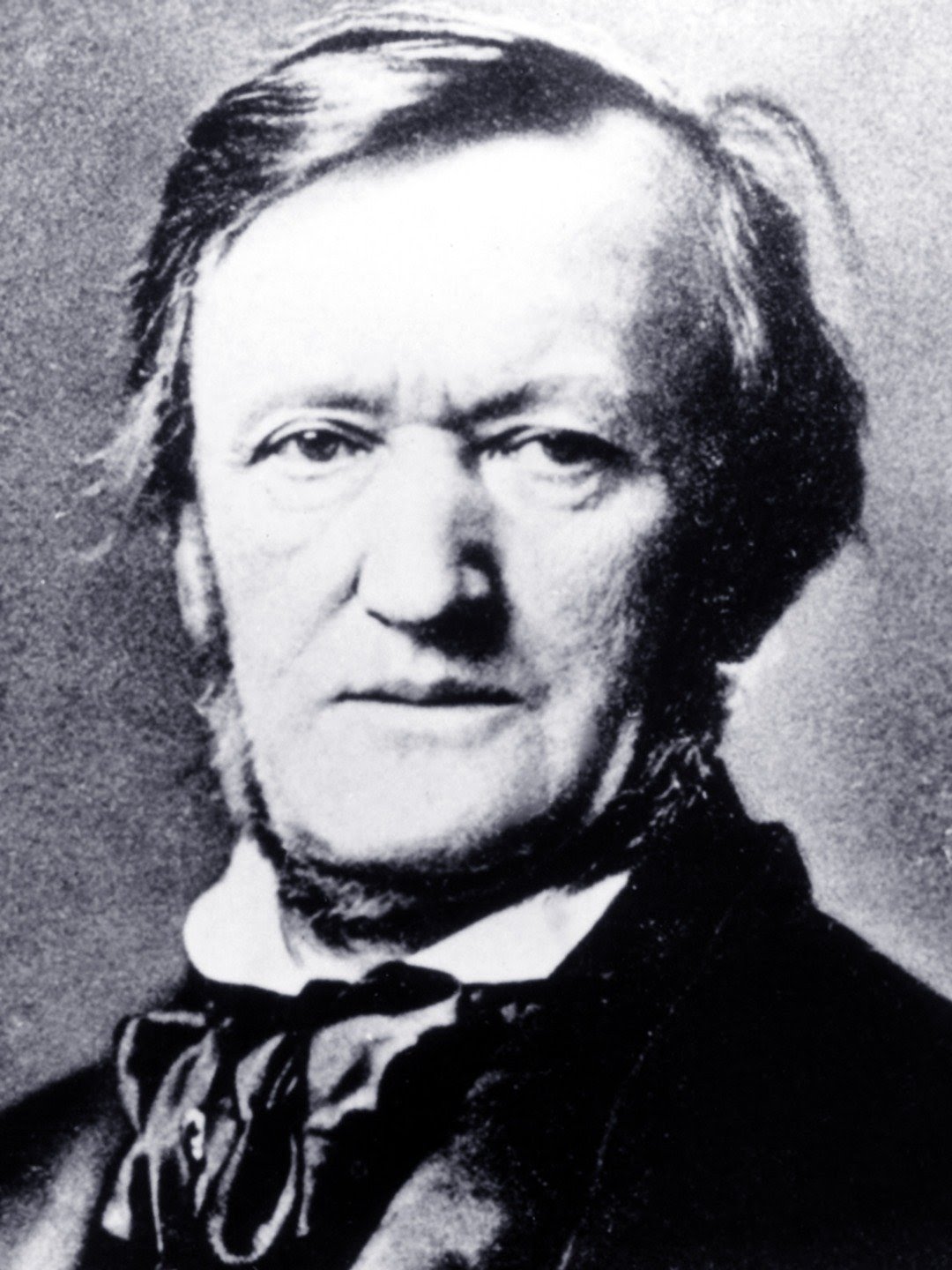
Richard Wagner
Richard Wagner was a German composer, theatre director, polemicist, and conductor who is chiefly known for his operas (or 'music dramas'). Unlike most opera composers, Wagner wrote both the libretto and the music for each of his stage works. His compositions, particularly his later works, are notable for their complex textures, rich harmonies, and elaborate use of leitmotifs.
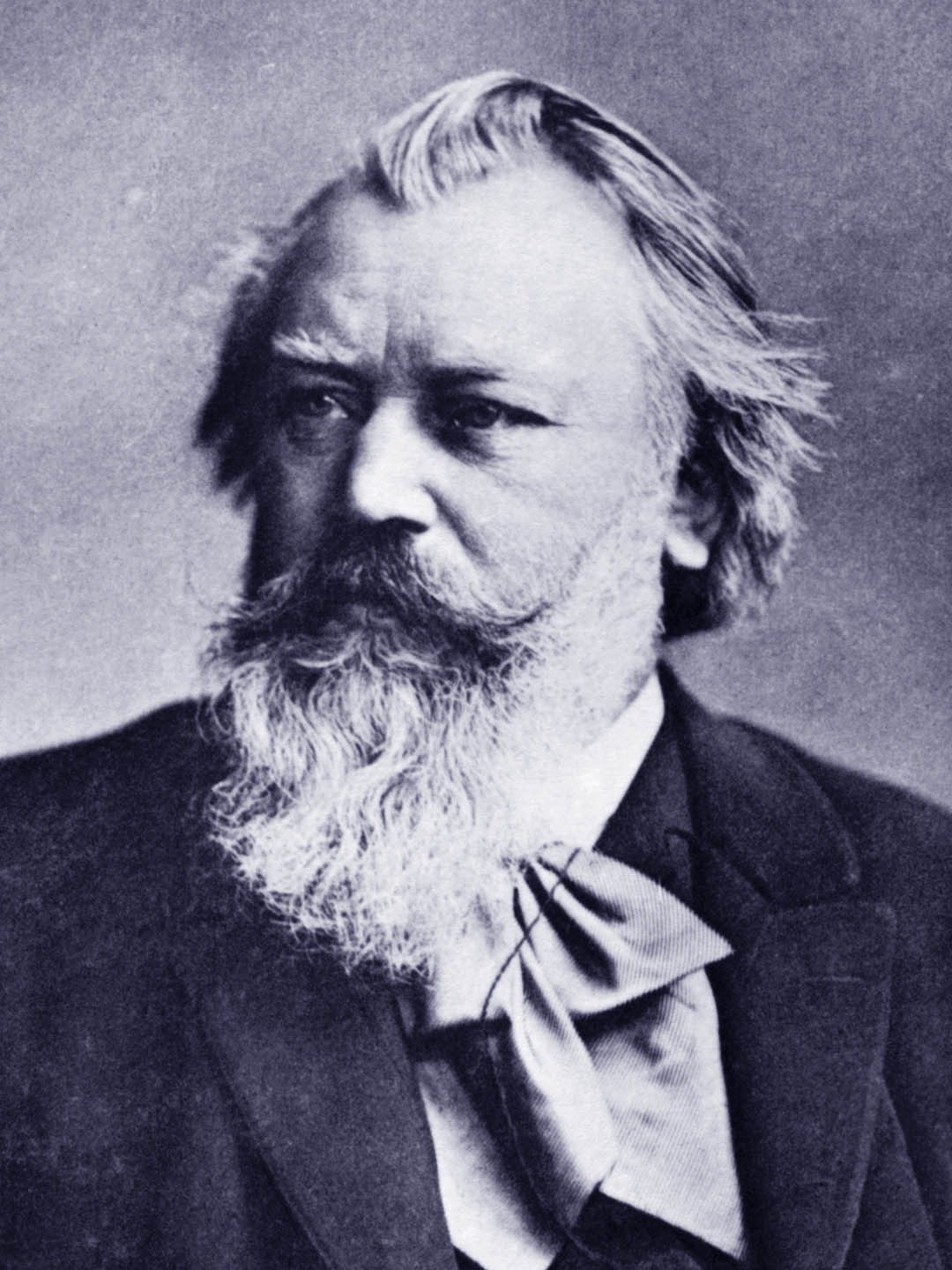
Johannes Brahms
Johannes Brahms was a German composer, pianist, and conductor of the Romantic period. Born in Hamburg into a Lutheran family, he spent much of his professional life in Vienna, Austria. He is often considered one of the 'Three Bs' of music, along with Bach and Beethoven, for his significant contributions to orchestral, chamber, choral, and piano music.
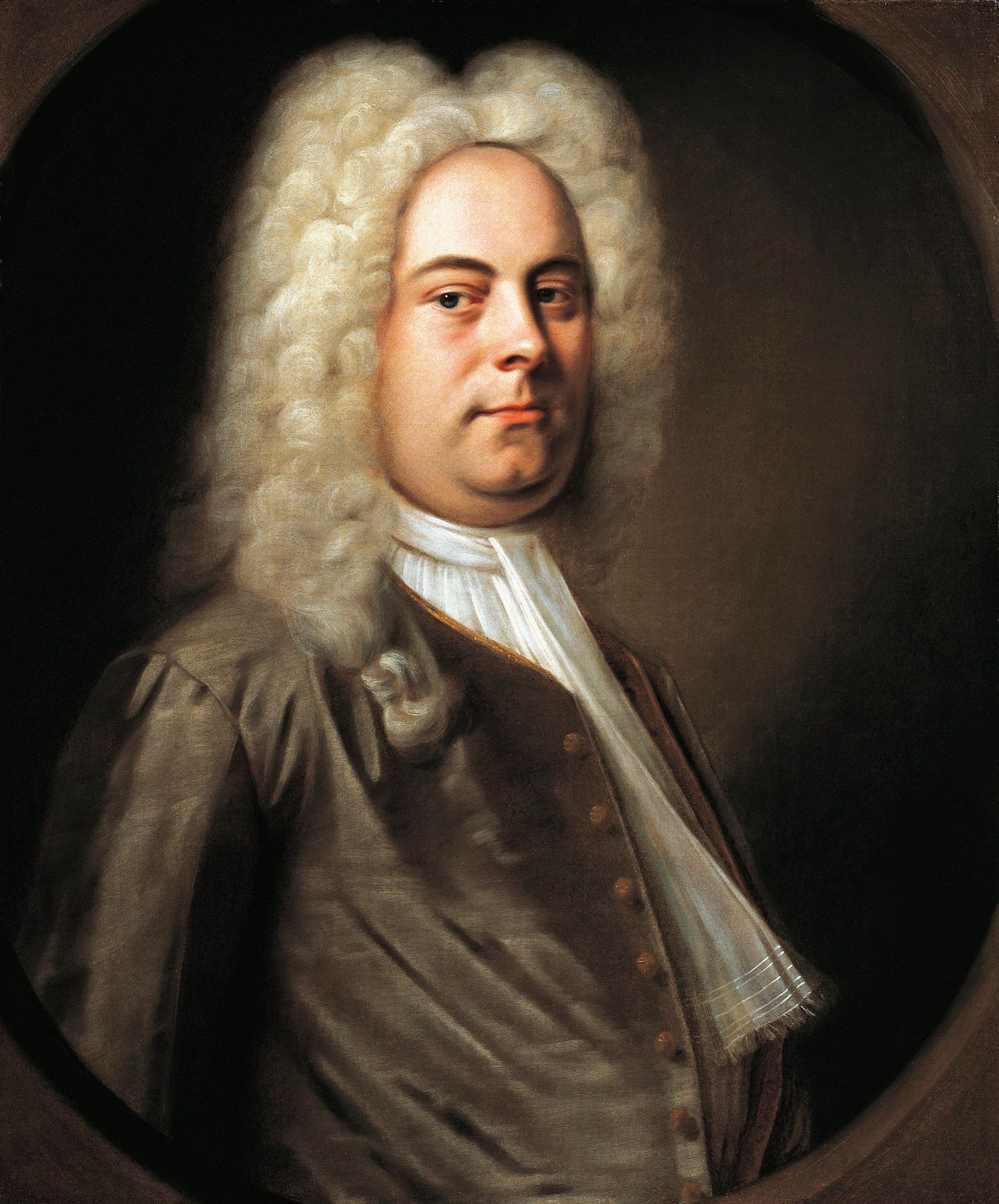
George Frideric Handel
George Frideric Handel was a German-born British Baroque composer well known for his operas, oratorios, anthems, and organ concertos. He spent the bulk of his career in London, becoming a naturalized British subject in 1727. His most famous work is the oratorio Messiah, with its 'Hallelujah' chorus.
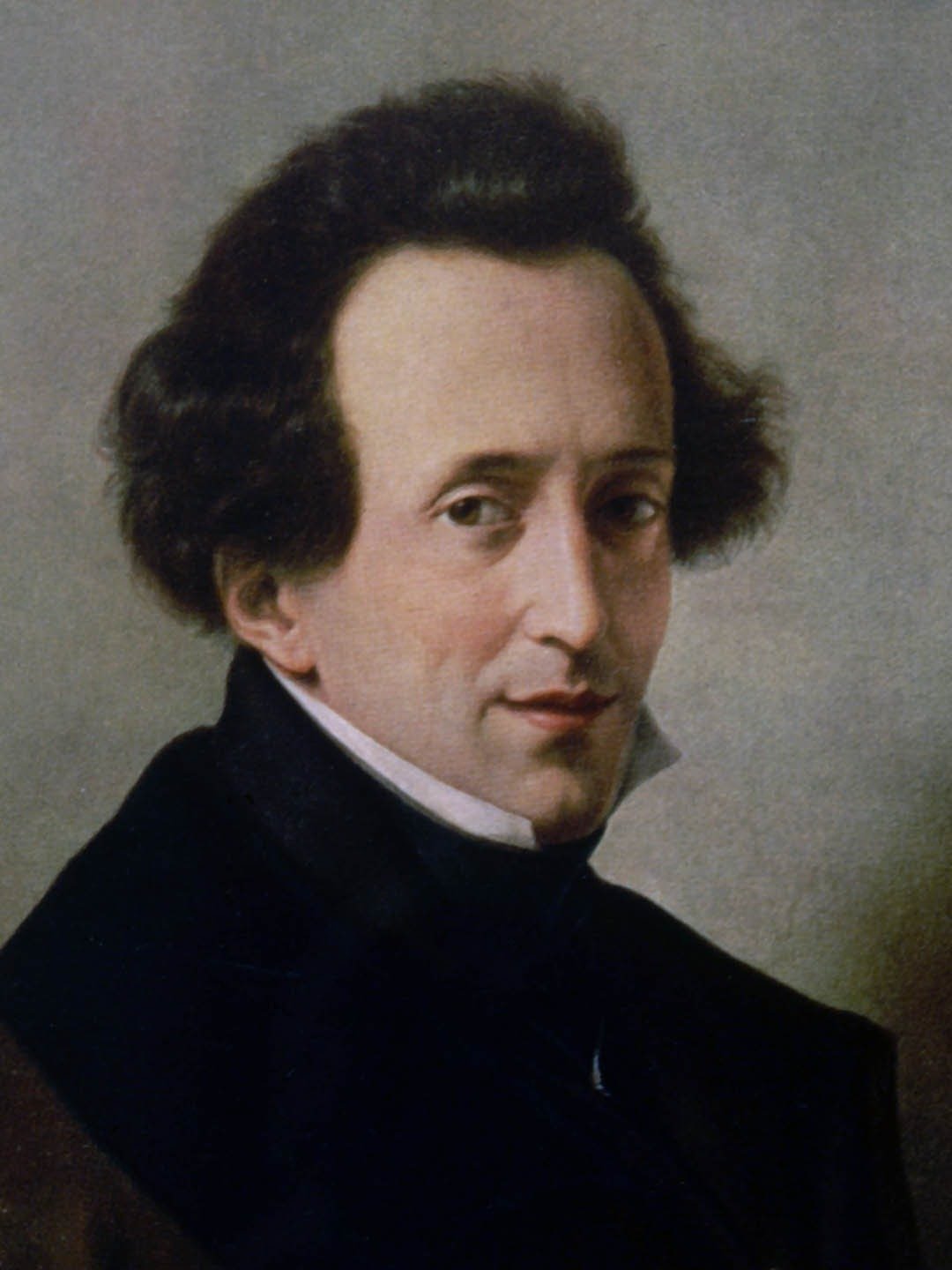
Felix Mendelssohn
Felix Mendelssohn was a German composer, pianist, organist, and conductor of the early Romantic period. Born into a prominent family, he was a child prodigy and went on to compose a wide range of works, including symphonies, concertos, oratorios, and chamber music. His music is characterized by its lyrical beauty and formal elegance.
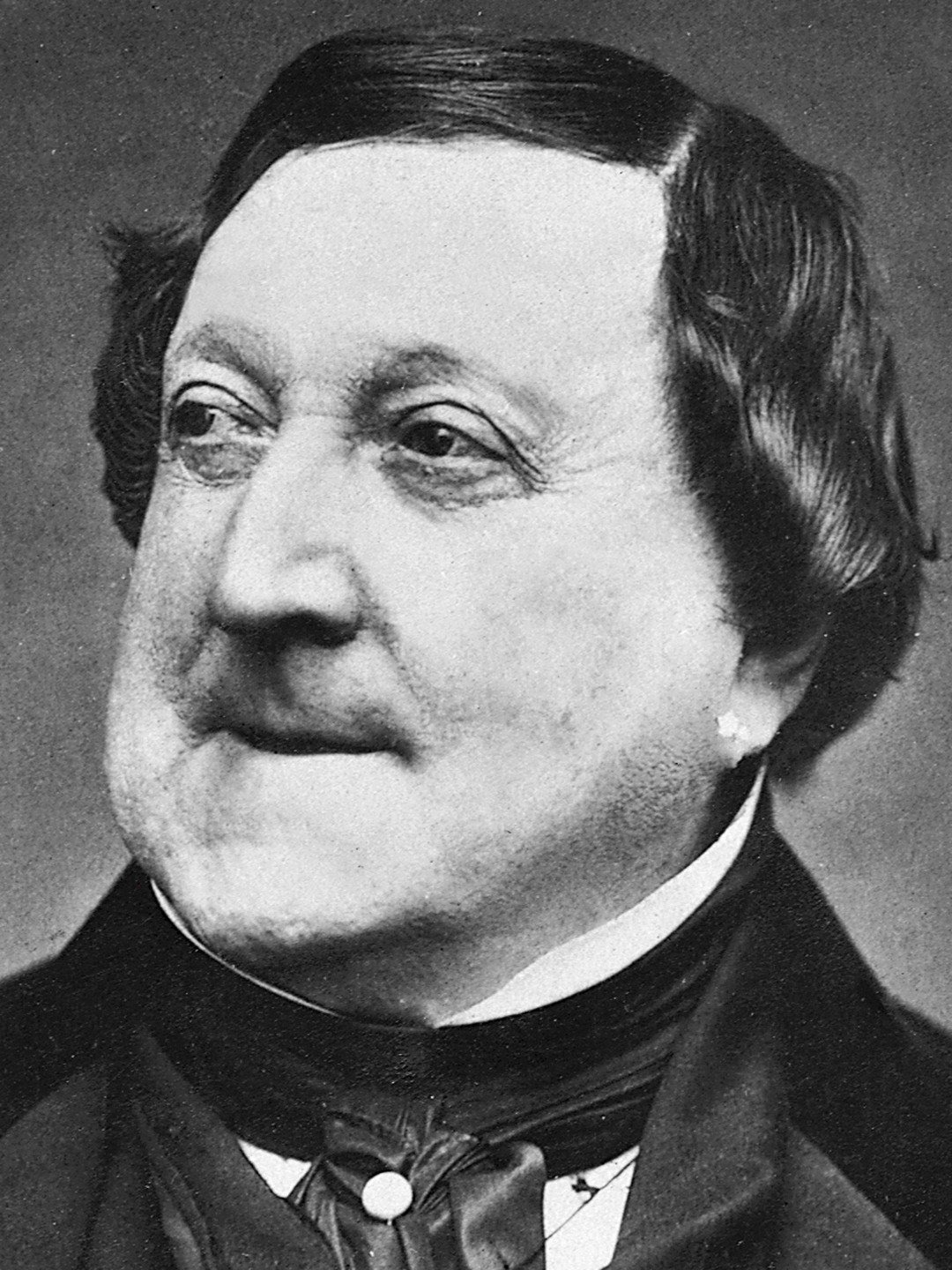
Gioachino Rossini
Gioachino Rossini was an Italian composer known for his 39 operas, although he also wrote sacred music, and some secular vocal and instrumental pieces. He is regarded as one of the greatest opera composers of his time, with his comic operas, in particular, setting new standards for the genre.
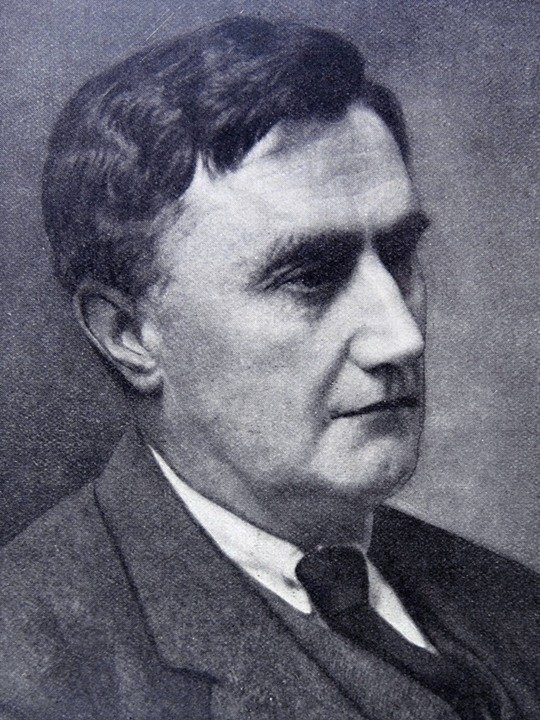
Ralph Vaughan Williams
Ralph Vaughan Williams was an English composer. His works include operas, ballets, chamber music, secular and religious vocal pieces, and orchestral compositions including nine symphonies. His music is often characterized by its English pastoral quality and incorporation of folk melodies.
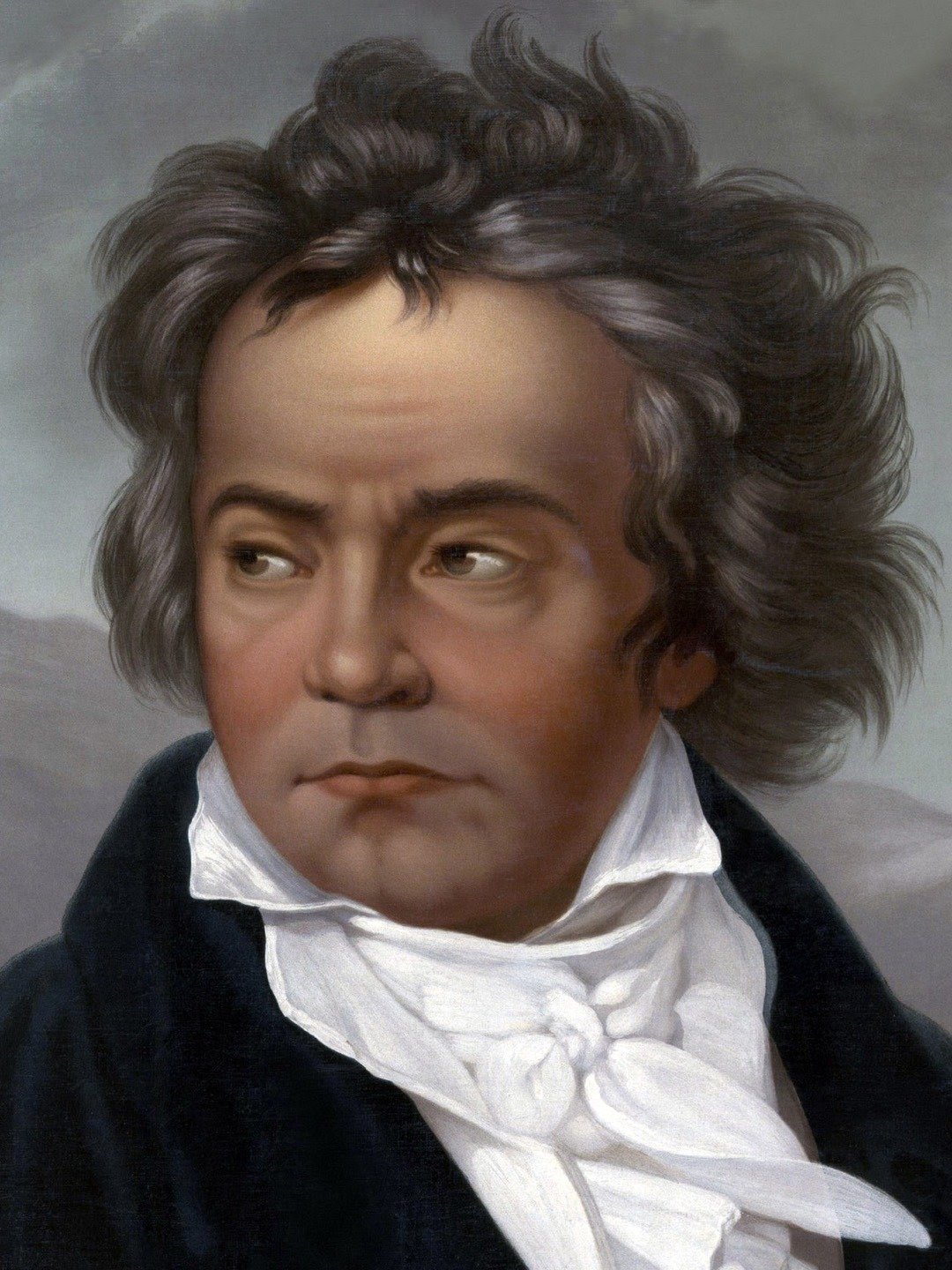
Ludwig van Beethoven
Ludwig van Beethoven was a German composer and pianist whose groundbreaking compositions are among the most played in the classical music repertoire. He is a crucial figure in the transition between the Classical and Romantic eras in Western art music, and remains one of the most famous and influential of all composers.
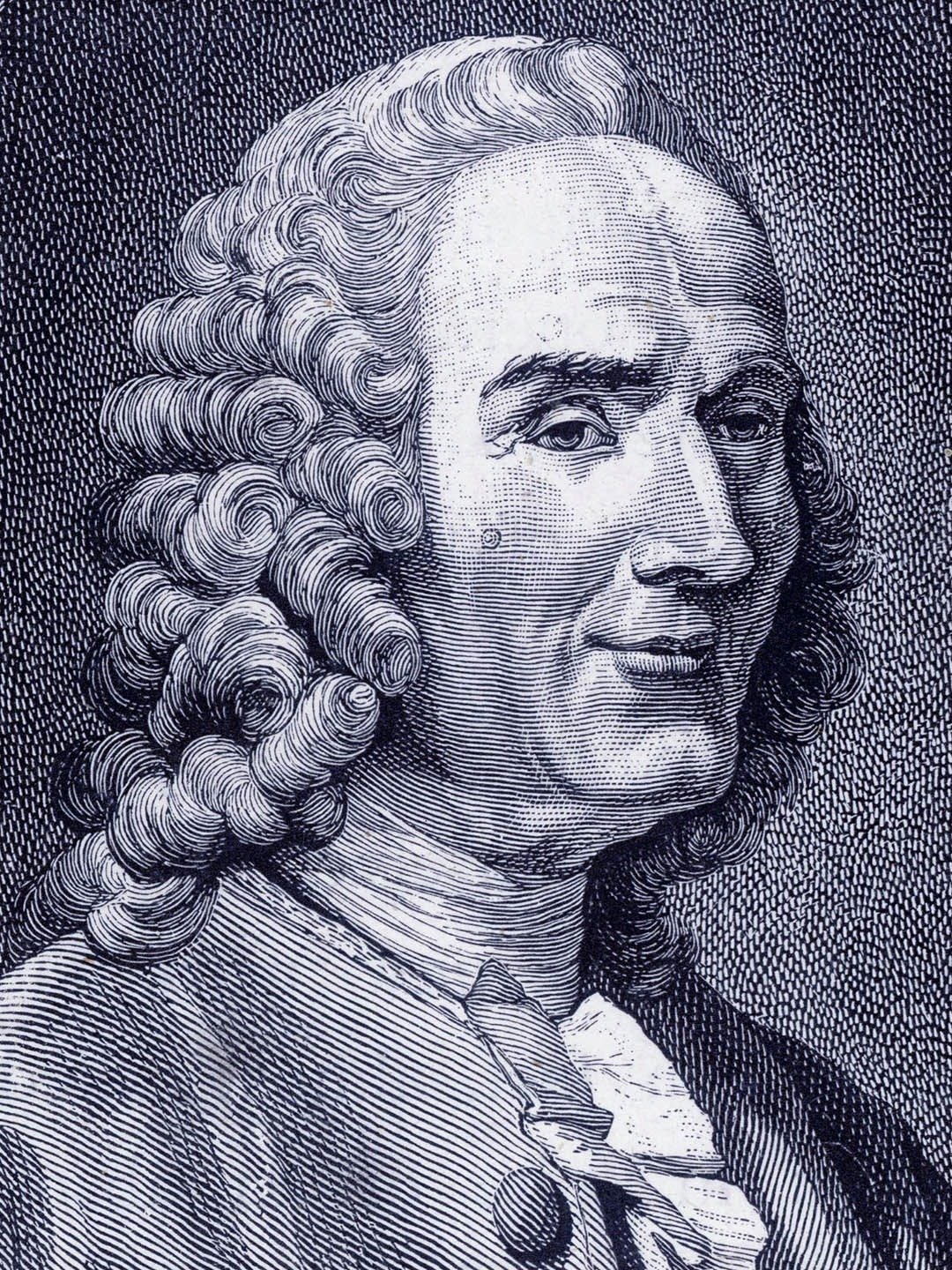
Jean-Philippe Rameau
Jean-Philippe Rameau was a French composer and music theorist of the Baroque era. He is considered one of the most important French composers and is particularly known for his operas and his influential treatise on harmony. His works represent a significant contribution to French Baroque music.
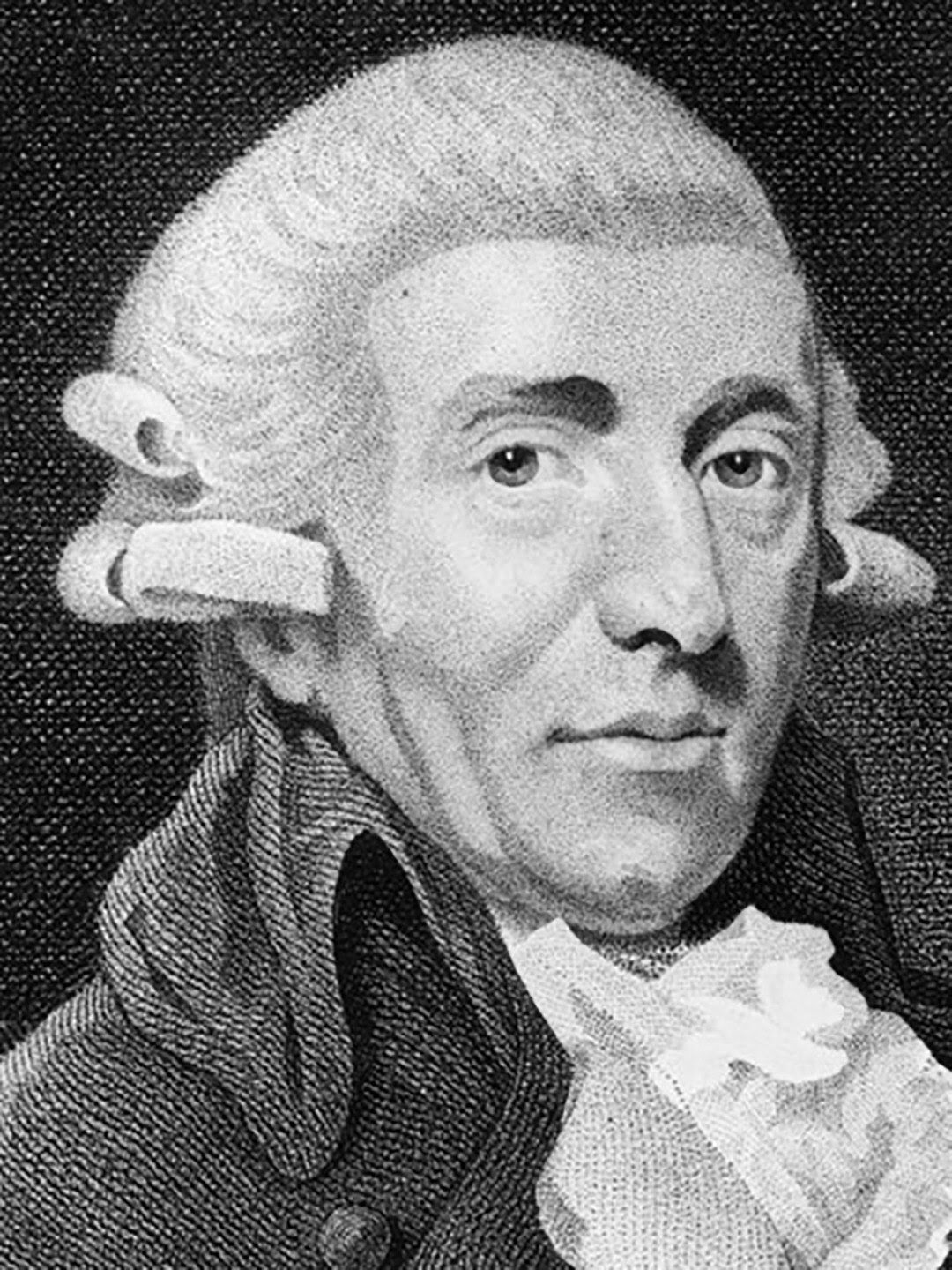
Joseph Haydn
Joseph Haydn was an Austrian composer, one of the most prolific and prominent composers of the Classical period. He is often referred to as the 'Father of the Symphony' and 'Father of the String Quartet' for his significant contributions to these forms. Much of his professional life was spent as a court musician for the wealthy Esterházy family.
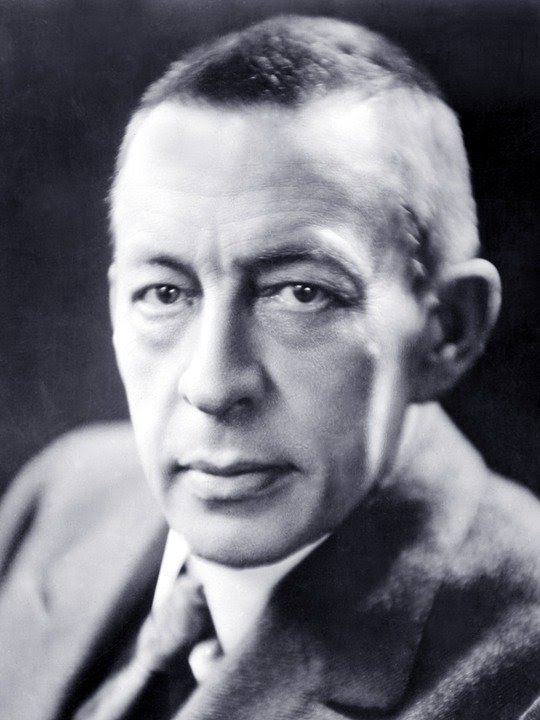
Sergei Rachmaninoff
Sergei Rachmaninoff was a Russian composer, virtuoso pianist, and conductor of the late Romantic period. Born into a musical family, he established his reputation as one of the greatest pianists of his time. His compositions are known for their lyrical melodies, expressive harmonies, and often virtuosic piano writing.
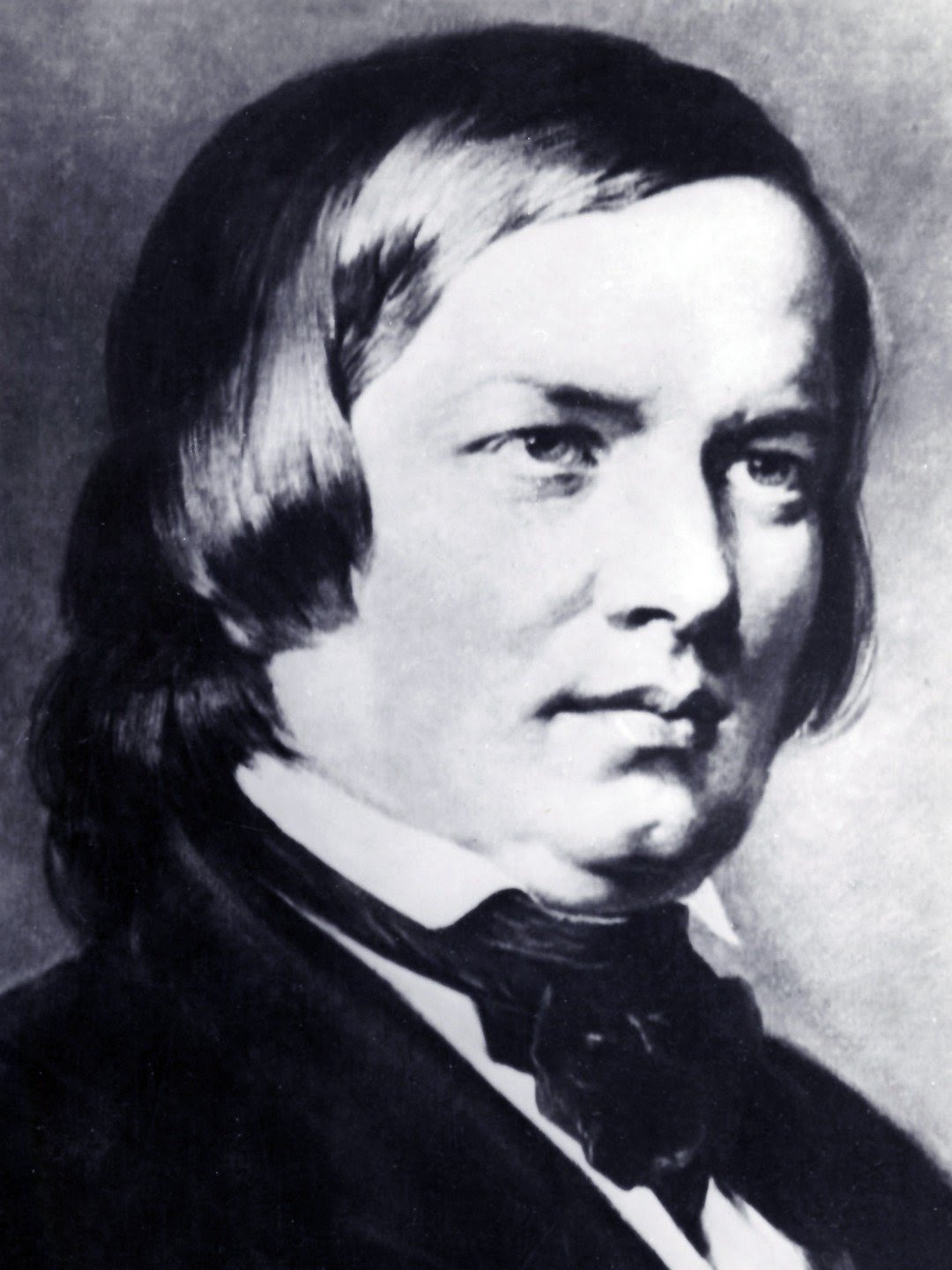
Robert Schumann
Robert Schumann was a German composer, pianist, and influential music critic of the Romantic era. He is widely regarded as one of the greatest composers of the Romantic period, known for his expressive and intensely personal music, particularly his piano works, Lieder (songs), and symphonies.
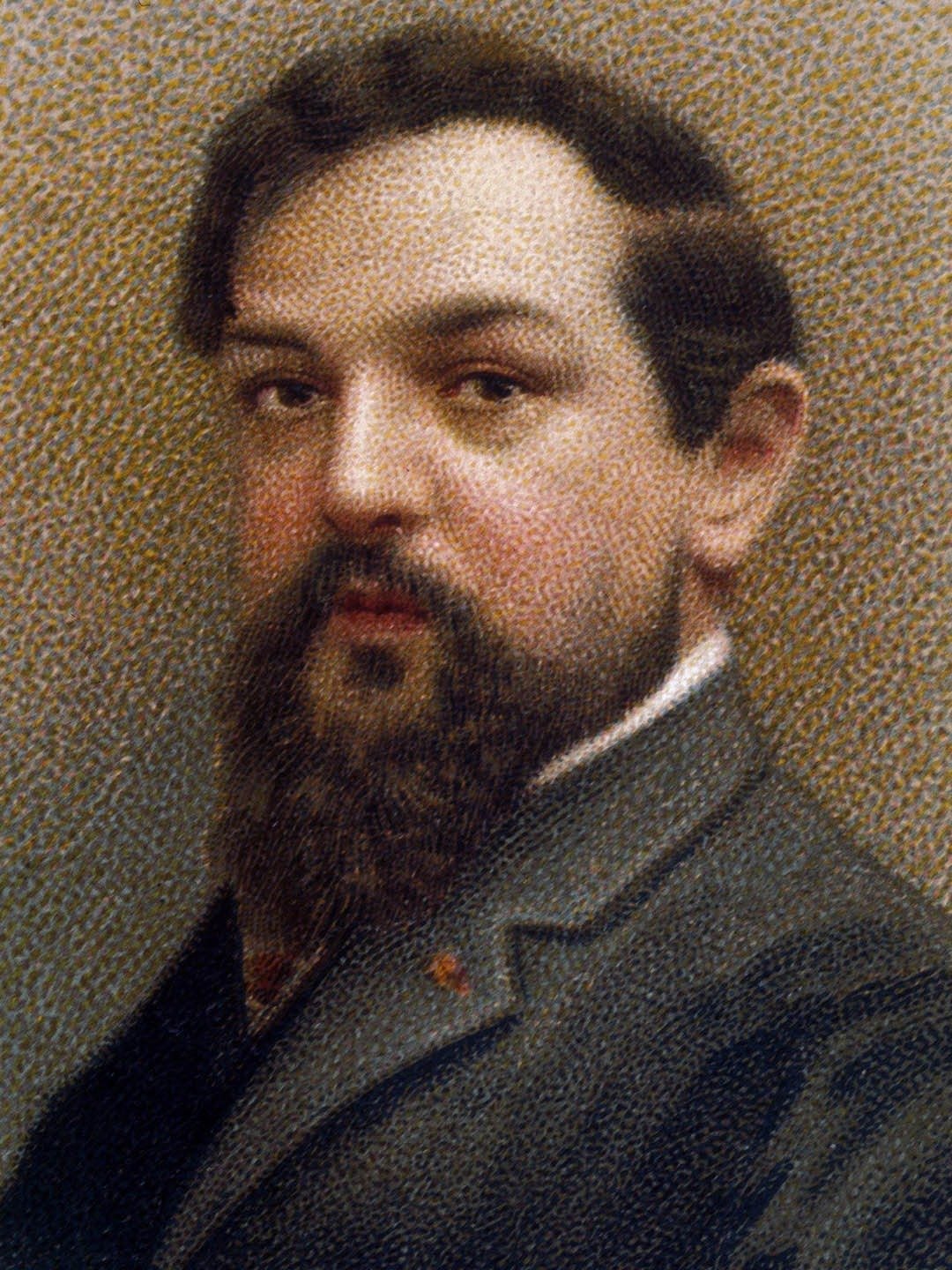
Claude Debussy
Claude Debussy was a French composer. He was among the most influential composers of the late 19th and early 20th centuries and is regarded as the first Impressionist composer, though he himself intensely disliked the term. His music is noted for its sensuous qualities and innovative use of harmony and color.
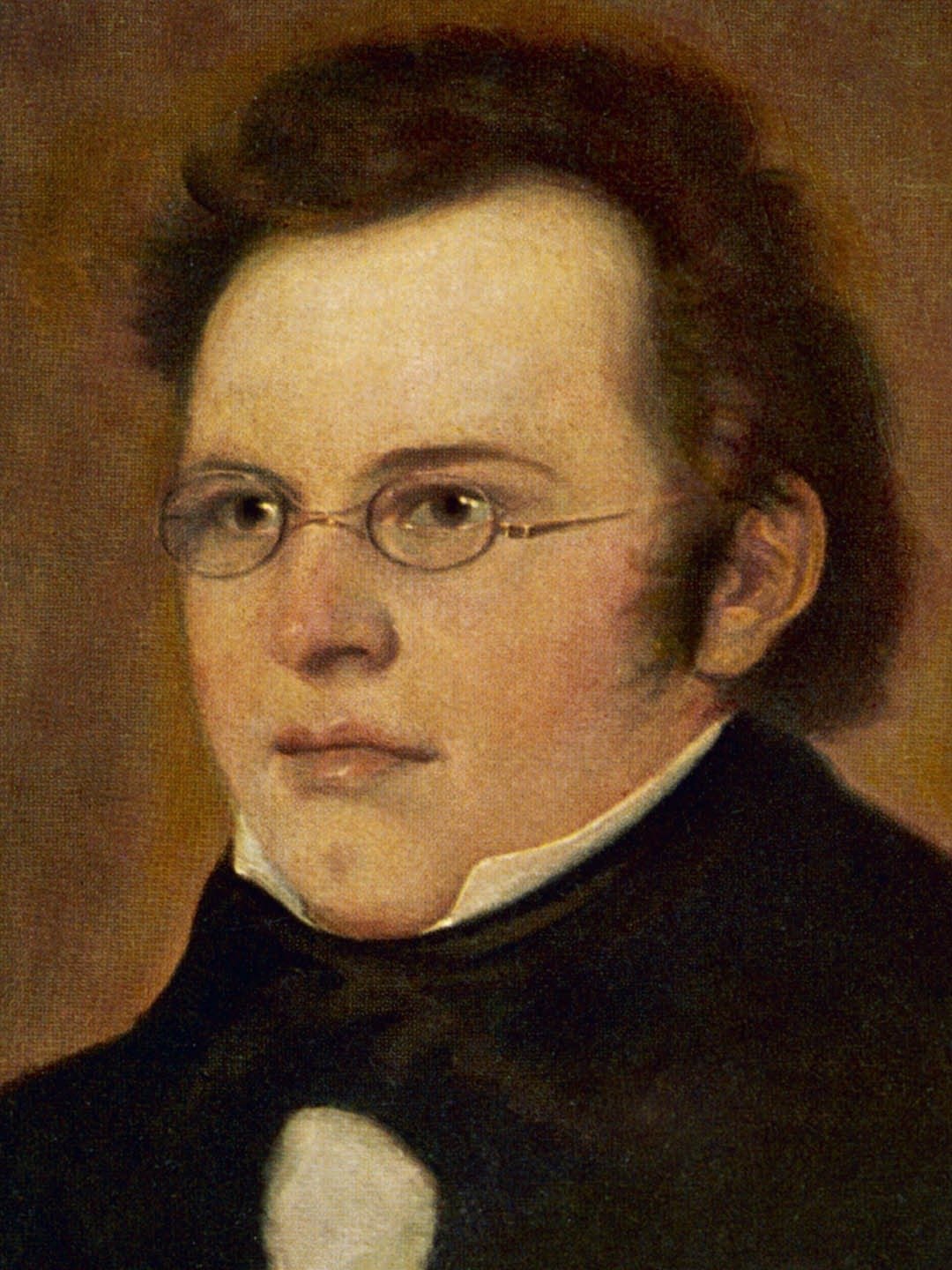
Franz Schubert
Franz Schubert was an Austrian composer of the late Classical and early Romantic eras. Despite his short life, he was incredibly prolific, composing over 600 secular vocal works (mainly Lieder), seven complete symphonies, sacred music, operas, and a large body of chamber and piano music. He is often regarded as the last of the Classical composers and one of the first Romantics.
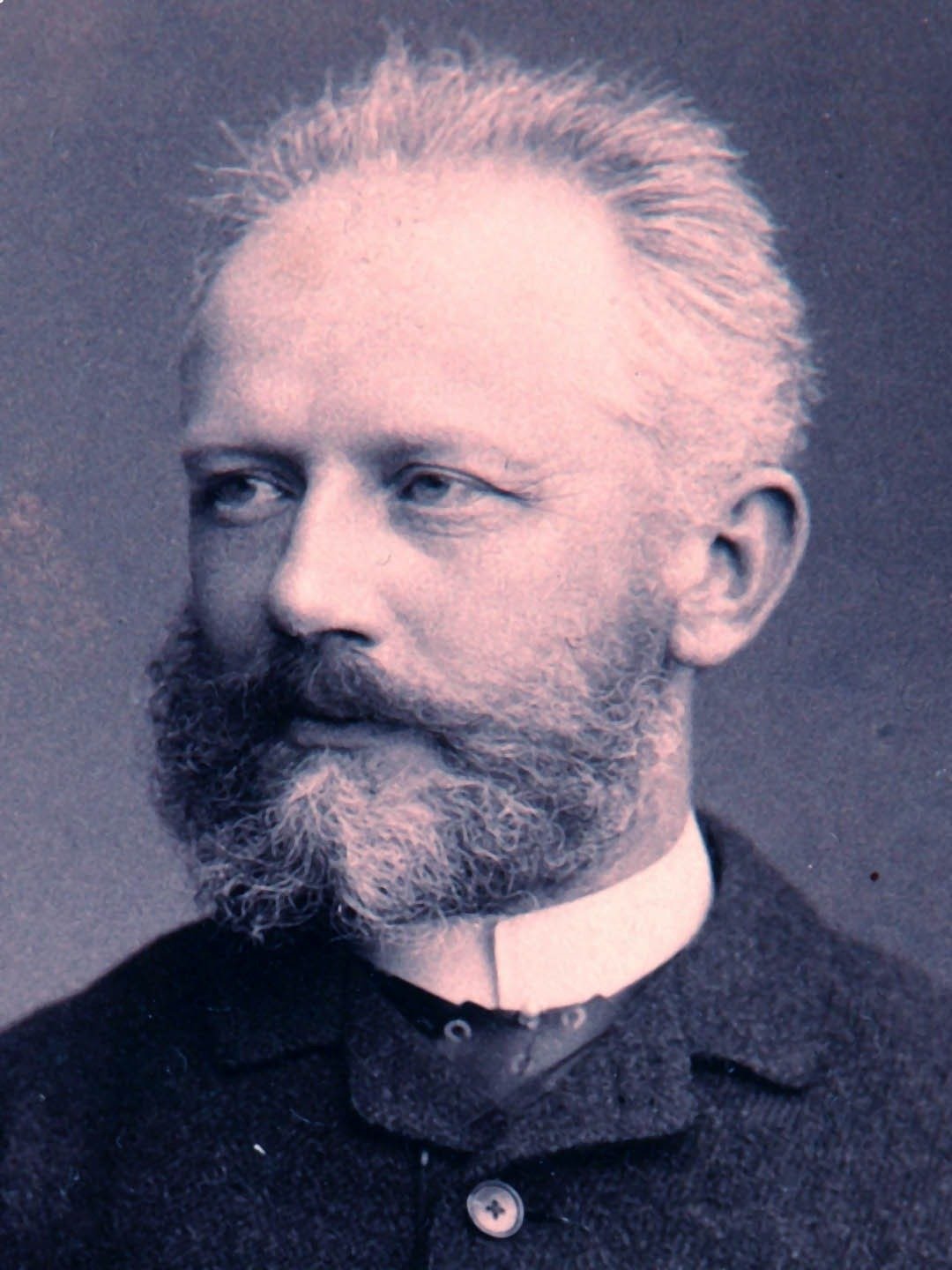
Pyotr Ilyich Tchaikovsky
Pyotr Ilyich Tchaikovsky was a Russian composer of the Romantic period. He was the first Russian composer whose music made a lasting impression internationally, bolstered by his appearances as a guest conductor in Europe and the United States. His ballets, operas, and symphonies are among the most popular and frequently performed works in the classical repertoire.
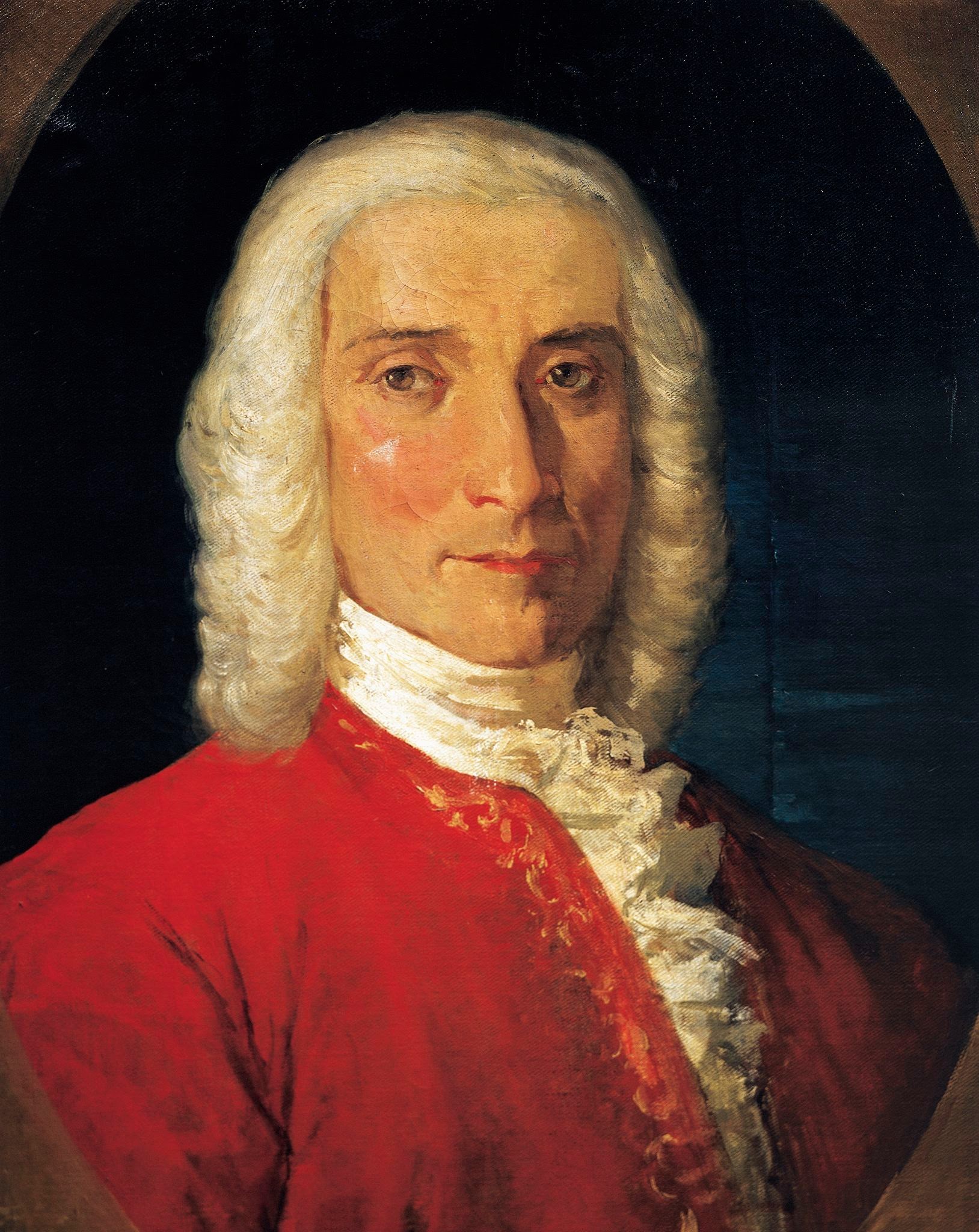
Domenico Scarlatti
Domenico Scarlatti was an Italian composer, who spent much of his life in the service of the Portuguese and Spanish royal families. He is classified primarily as a Baroque composer chronologically, though his music was influential in the development of the Classical style. He is known today mainly for his 555 keyboard sonatas.
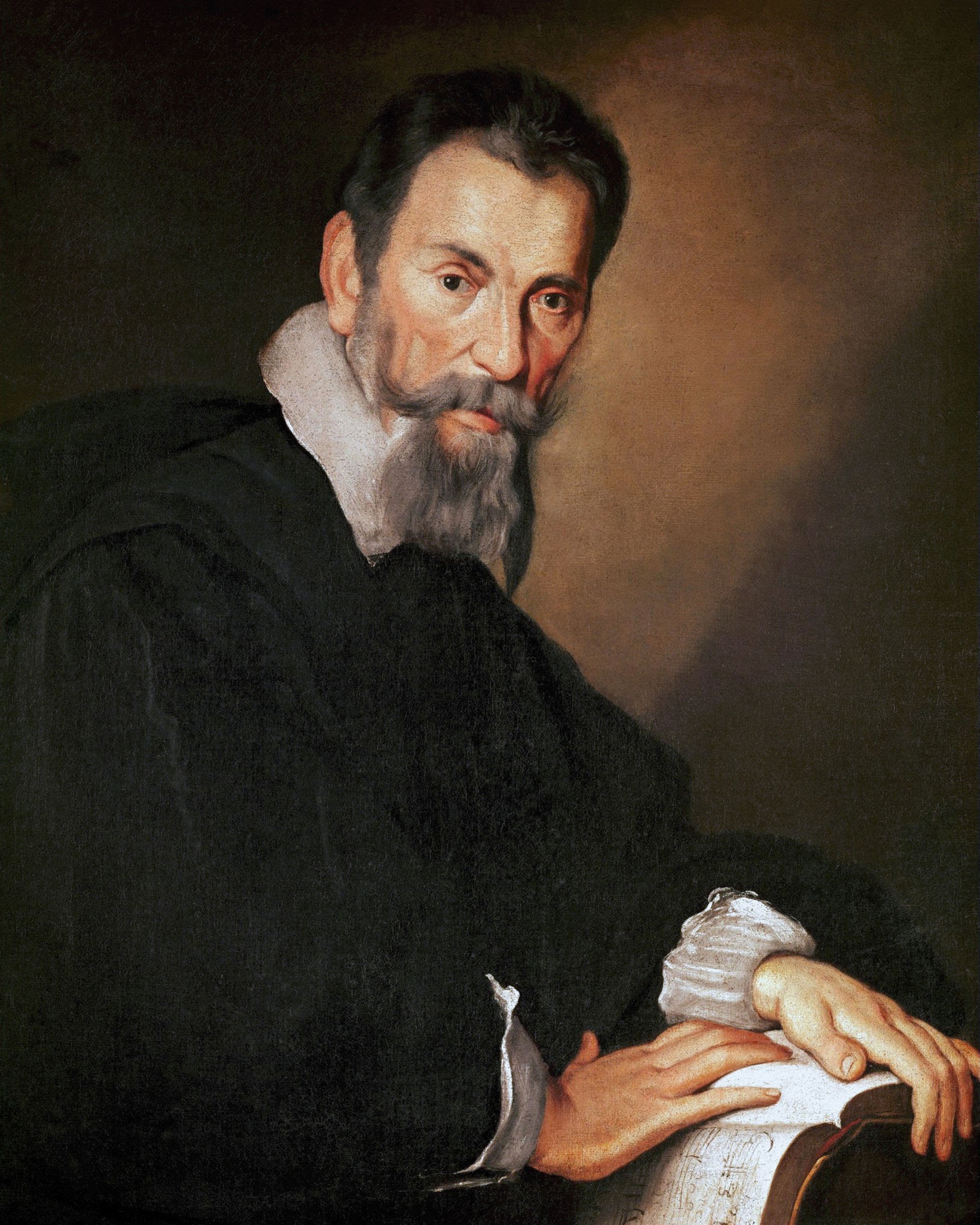
Claudio Monteverdi
Claudio Monteverdi was an Italian composer, gambist, and singer. His work marks the transition from Renaissance to Baroque music. He is often considered the pioneer of opera and is renowned for his significant contributions to the development of the form, as well as his madrigals and sacred music.